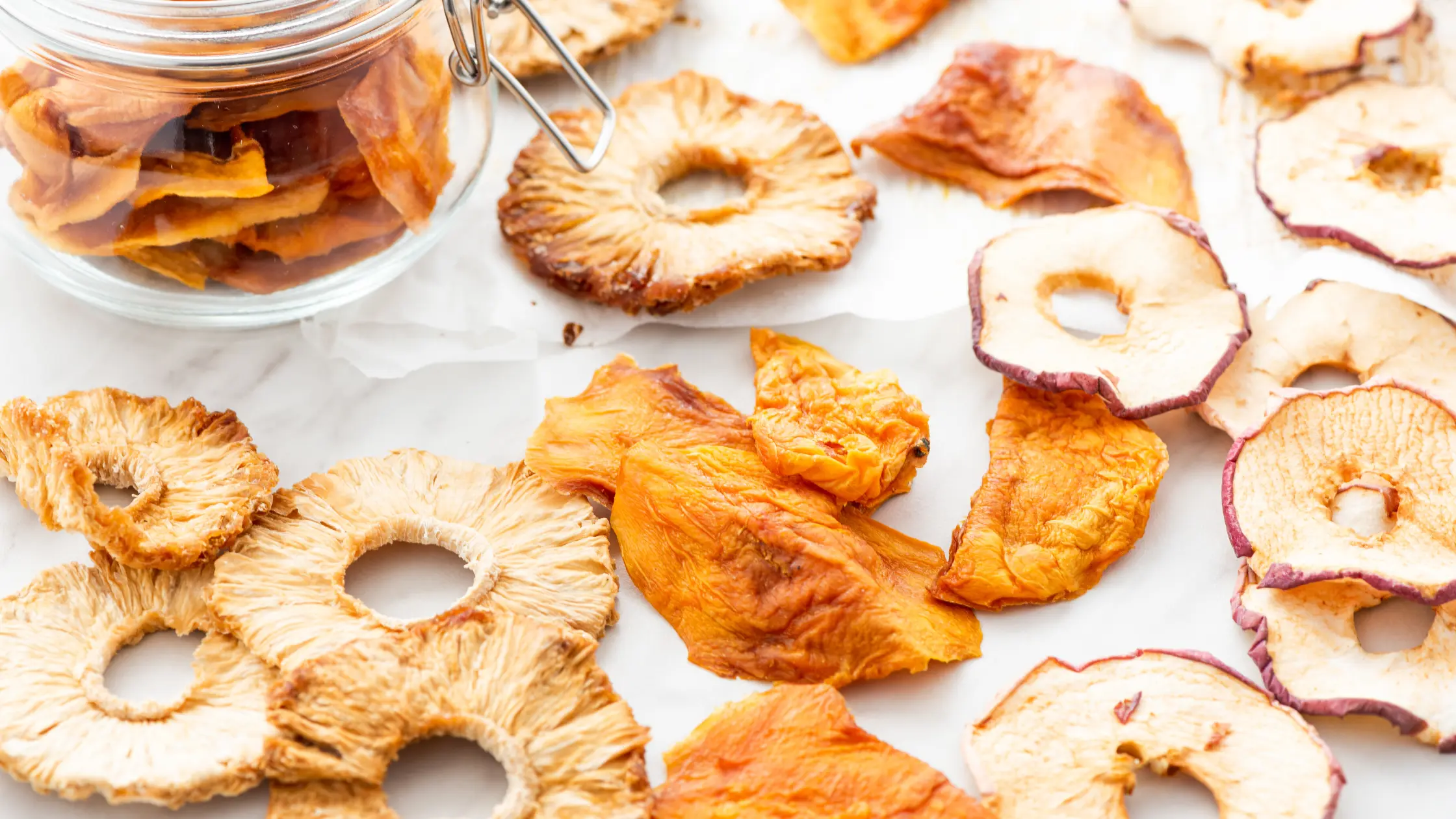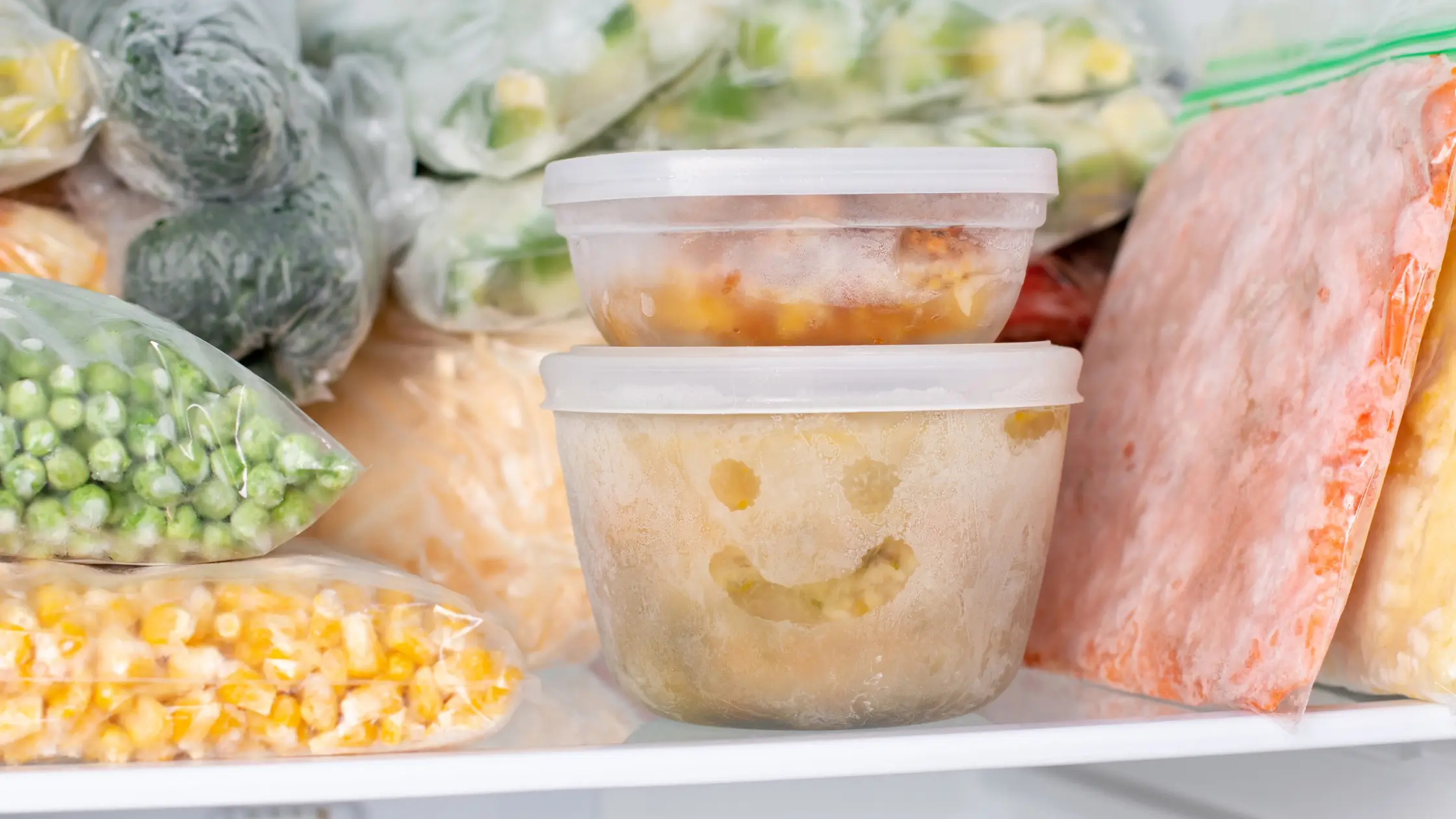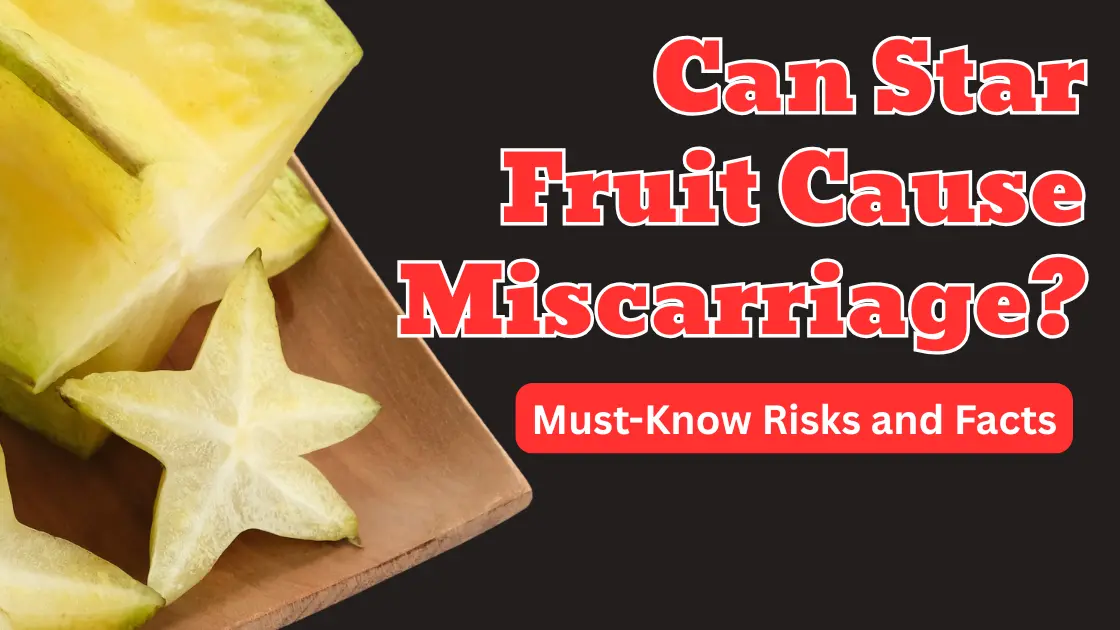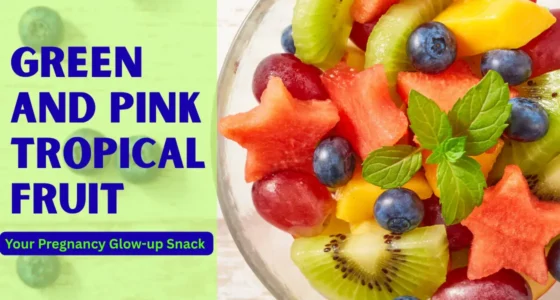Fruit chips are not only a delicious snack but sales transaction of a great alternative to processed food, albeit pregnant women require food that is nutrient-dense, easy, and safe in the stomach.
This guide provides a complete breakdown of fruit chips—from how they’re made, why they matter during pregnancy, their benefits for fetal and premature baby development, the best brands to trust, how to prepare them at home, and expert-backed insights.
How Fruit Chips Are Made
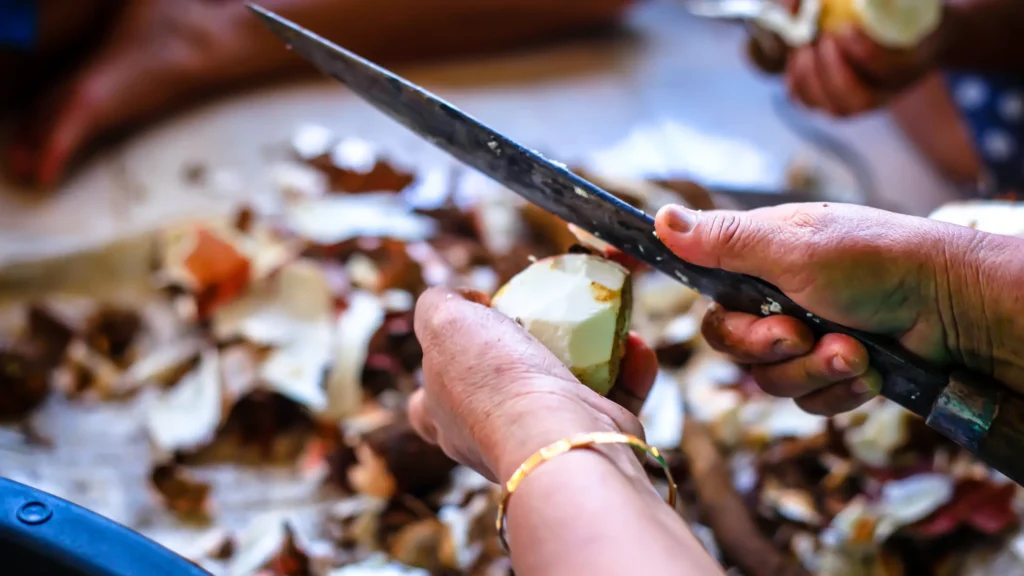
1. Dehydrated Fruit Chips
Dehydrated fruit chips are made by drying fresh fruit slices at a low temperature (about 135°F / 57°C) over several hours. Because the process is gentle, the fruit retains most of its fiber, potassium, and trace minerals, while losing only some heat-sensitive vitamins like Vitamin C.
- Best-suited fruits: apples, pears, bananas, peaches.
- Texture & taste: chewy with a light crispness, naturally sweet without added sugar.
- Pregnancy benefits: excellent for preventing constipation (thanks to fiber), safe for blood sugar when consumed in moderation, and easy to digest for mothers who experience morning sickness.
- Practical tip: Pair with a handful of nuts for a balanced snack that supports stable energy levels during pregnancy.
2. Baked Fruit Chips
Baked fruit chips are prepared by slicing fruits thinly and cooking them in an oven at 200–250°F / 93–120°C until they turn crispy. Unlike fried chips, baked ones are often oil-free, though some brands add a light brush of coconut or olive oil to enhance crunch and taste.
- Best suited fruits: apples, pears, mangoes, strawberries, and even kiwi.
- Texture & taste: light, crunchy, sometimes slightly chewy in the middle, with concentrated natural sweetness.
- Pregnancy benefits: minimal added fats, lower calories than fried versions, and still full of antioxidants to boost immunity. This makes them a great substitute for potato chips during pregnancy cravings.
- Practical tip: If baking at home, sprinkle cinnamon on apple chips or ginger powder on pear chips—both spices are pregnancy-safe in small amounts and aid digestion.
3. Fried Fruit Chips
Fried fruit chips are usually deep-fried in oils such as palm, sunflower, or sometimes coconut oil. The high-heat cooking process makes them very crunchy but also strips away some delicate vitamins. In addition, frying often adds excess fat, calories, sodium, and sometimes sugar.
- Common fruits used: bananas, plantains, and jackfruit.
- Texture & taste: very crispy, salty or sweet depending on preparation, but noticeably heavier than baked or dehydrated types.
- Pregnancy concerns: On the one hand, the crunch may be so good, but on the other hand, it is quite rich in oil and might cause bloating, indigestion, and excessive weight gain. It is also likely to increase levels of cholesterol by repeated consumption.
- Practical tip: Got a hankering for fried fruit chips? Check to see what oils they are using (i.e. healthier oils, like coconut/avocado) and preferably find a brand marked as non-fried. Even at that, restrict consumption.
4. Freeze-Dried Fruit Chips
Freeze-drying is a modern method where fruit is first frozen and then exposed to vacuum conditions, removing moisture while preserving shape, flavor, and up to 95% of the nutrients. These fruit chips are light, crunchy, and shelf-stable for months.
- Best-suited fruits: strawberries, blueberries, mangoes, apples, raspberries.
- Texture & taste: airy and crisp, almost like candy, but naturally sweet.
- Pregnancy benefits: great option for travel or quick snacks, packed with vitamins (especially Vitamin C, folate, and antioxidants). Because they’re very light, they won’t cause bloating or nausea.
- Practical tip: Freeze-dried fruits rehydrate quickly—moms can add them to yogurt, oatmeal, or smoothies to increase nutrition variety.
Expert Pregnancy Tip: When choosing fruit chips, always:
- Look for 100% fruit with no added sugar or salt.
- Avoid products containing sulfites (can trigger allergies or headaches).
- Choose organic brands when possible to reduce pesticide exposure.
Why Pregnant Women Crave Fruit Chips

Cravings during pregnancy are often the body’s way of signaling nutritional needs. Fruit chips satisfy:
- Sweet cravings without refined sugar.
- Crunchy cravings similar to potato chips, but healthier.
- Quick hunger pangs in between meals.
Pregnant women also experience nausea and digestive changes. Fruit chips, being lighter and less greasy, reduce the risk of acid reflux compared to heavy fried snacks.
Nutrients in Fruit Chips That Support Fetal Development
At the time of pregnancy, any nutrient a mother takes are crucial in the development of the baby. Proper selection of fruit chips yields concentrated source of vitamins, minerals and antioxidants that are beneficial to fetal development as well as sound maternal health.
Banana Chips
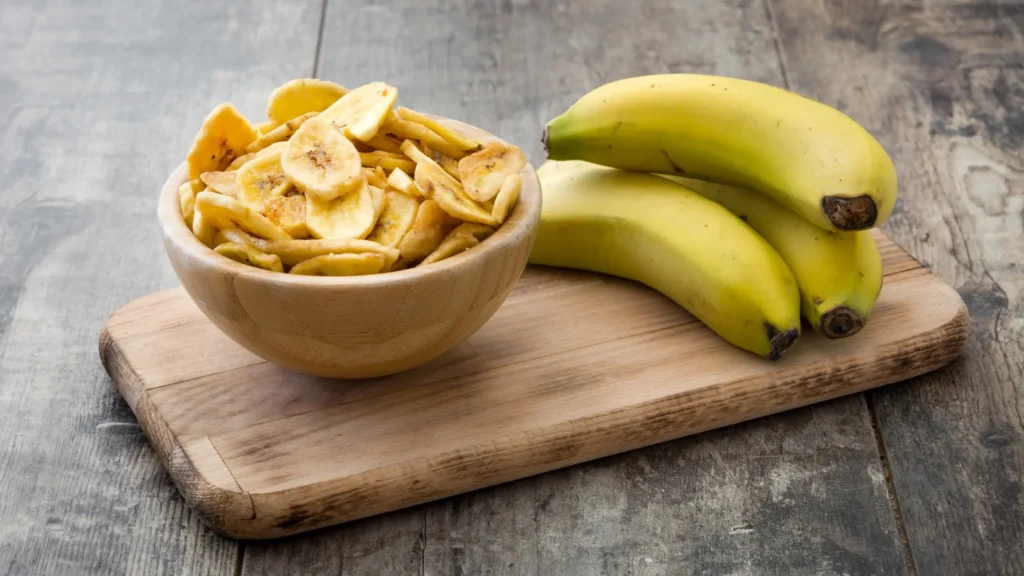
- Key Nutrient: Potassium
- For Moms: Potassium helps regulate blood pressure and reduces pregnancy-related swelling. It also prevents painful leg cramps, which are common in the second and third trimesters.
- For Baby: Potassium supports the development of the baby’s muscles and nervous system, ensuring healthy reflexes and movement in the womb.
Extra Note for Preterm Babies: Potassium keeps the blood pressure normal and filters out swelling caused by pregnancy. It also averts cramps of the legs characterized by pain and experienced very frequently during the second and third trimester.
Apple Chips
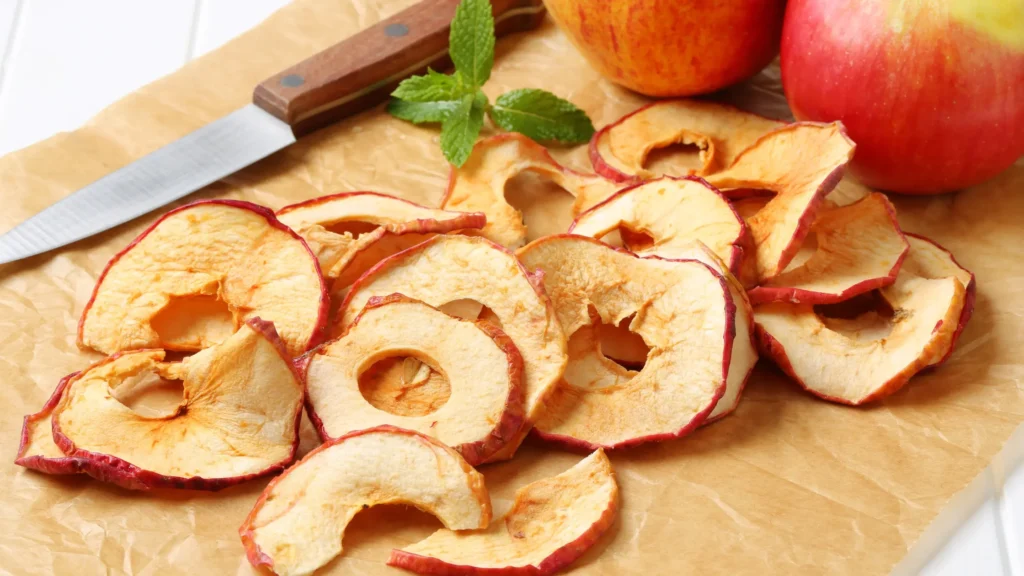
- Key Nutrient: Vitamin C
- For Moms: Strengthens the immune system, helping the mother fight infections, and aids in iron absorption—important to prevent anemia.
- For Baby: Vitamin C is needed to help synthesize collagen that comprises the foundation of connective tissue, such as skin, cartilage, and blood vessels.
Mango Chips
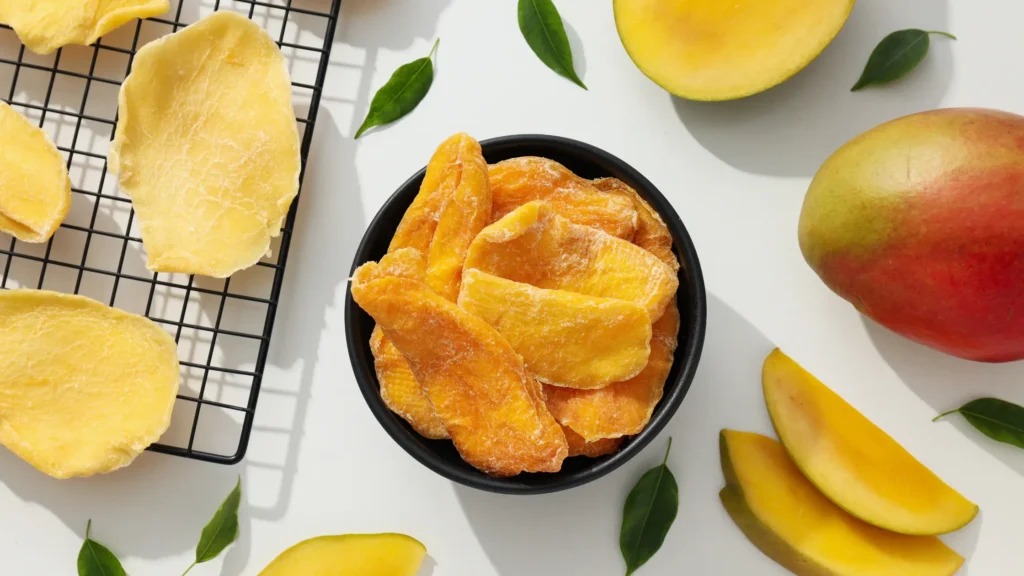
- Key Nutrient: Folate (Vitamin B9)
- For Moms: Folate is vital in early pregnancy to reduce the risk of complications like preeclampsia and maternal fatigue.
- For Baby: Adequate folate prevents neural tube defects (serious conditions affecting the brain and spinal cord) and supports early brain and spinal development.
- Extra Note for Preterm Babies: Babies born prematurely are at higher risk for developmental delays—mothers consuming folate-rich foods during pregnancy help lower that risk.
Strawberry Chips
- Key Nutrient: Antioxidants (Vitamin C, Polyphenols)
- For Moms: Protects maternal cells from oxidative stress and reduces inflammation, which can help lower the risk of pregnancy complications.
- For Baby: The antioxidants aid in the formation of the embryonic brain and the nervous system, which enhances memory and the cognitive abilities in old age.
- Extra Note for Preterm Babies: Antioxidants play a protective role in reducing oxidative damage in premature infants, who are more vulnerable to cellular stress.
Pear Chips
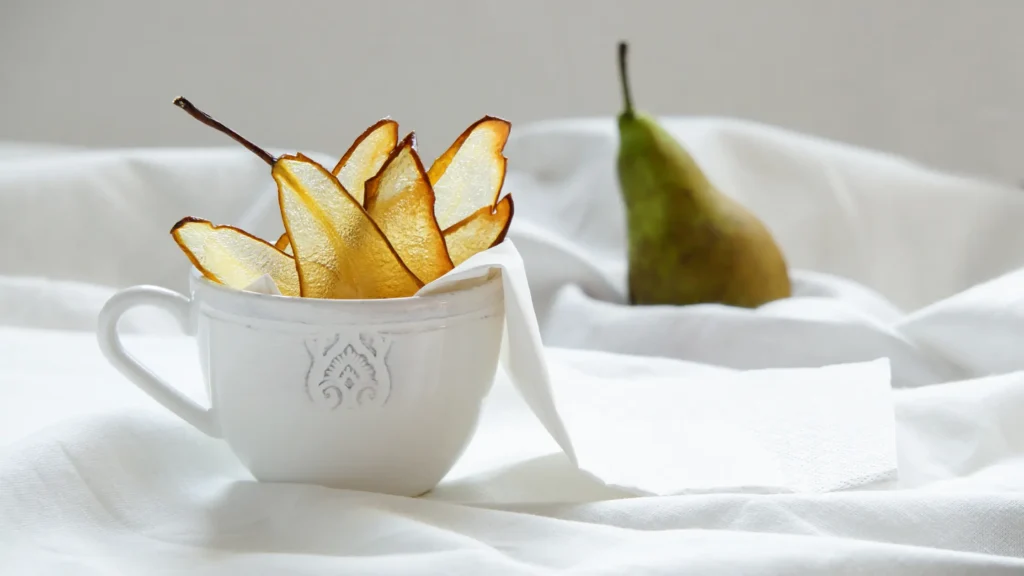
- Key Nutrient: Natural Glucose + Hydrating Properties
- For Moms: Pears are gentle on digestion, making them a safe option during pregnancy, nausea, or morning sickness. Their natural glucose provides quick, steady energy without sharp sugar spikes.
- For Baby: Provides a steady energy supply for fetal growth and contributes to proper metabolic development.
- Extra Note for Preterm Babies: Preterm mothers can take advantage of pear-based nutrition since the gentle sugars allow them to exhibit better energy state and milk production, which is important at the early postpartum phase.
Fruit Chips in Different Stages of Pregnancy
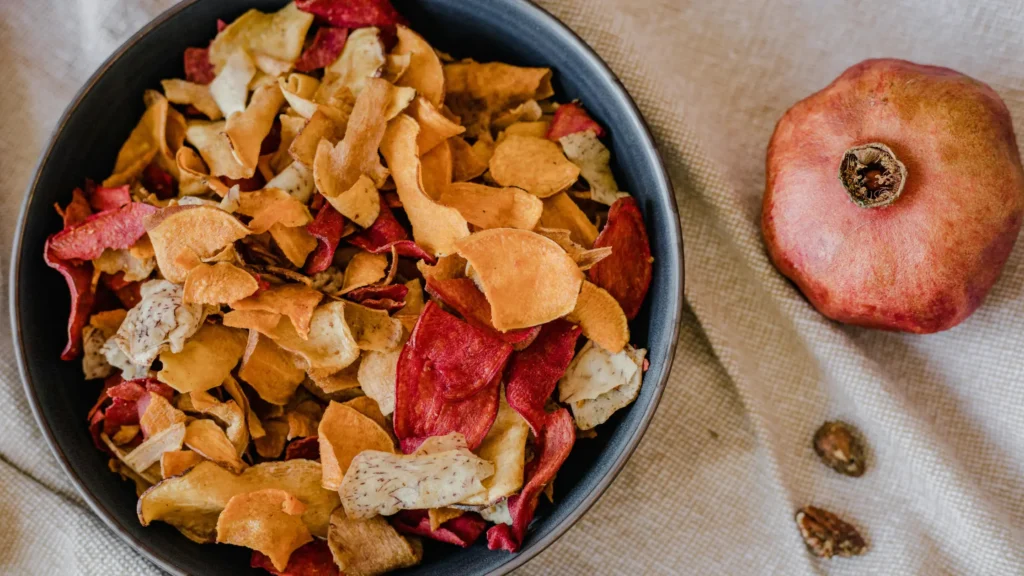
First Trimester
- Best Choices: Mango and banana chips (rich in folate & potassium, essential for early fetal development, including the brain, spinal cord, and nervous system formation).
- Benefits: Helps reduce morning sickness, stabilizes blood pressure, prevents neural tube defects, provides gentle energy for mothers experiencing fatigue, nausea, or food aversions, supports early cellular growth in the fetus, and contributes to healthy metabolism and digestion during early pregnancy.
Second Trimester
- Best Choices: Apple and pear chips (fiber-rich, gentle on the stomach, and packed with vitamins and antioxidants).
- Benefits: Supports blood flow, boosts immunity, prevents constipation, provides steady energy, enhances iron absorption to prevent anemia, helps maintain healthy weight gain, supplies essential vitamins and antioxidants for organ and tissue development, and promotes digestive comfort while supporting maternal and fetal wellbeing.
Third Trimester
- Best Choices: Coconut and plantain chips (loaded with healthy fats, medium-chain triglycerides, potassium, and complex carbohydrates for sustained energy).
- Benefits: Reduces leg swelling and cramps, supports maternal energy for labor, promotes hydration, aids fetal brain and nervous system development, assists with healthy fat and weight gain in the baby, provides filling, nutrient-rich snacks for mothers with increased appetite, and helps maintain electrolyte balance and overall maternal wellness before delivery.
Fruit Chips and Premature Baby Care
Preemie children delivered by the mother can sometimes be a source of slight suffering to the mother because as the results depicted, they tend to have a hard time through the process of childbirth recovery, recovery of strength, and secretion of high-quality and nourishing breast milk according to the personalized demands of the baby. One of the possible good sources of nutrients and snacking in these stressful times is fruit chips.
- Increase Maternal Energy Levels: Premature birth can be physically and emotionally exhausting. Fruit chips provide natural glucose and carbohydrates that help restore energy quickly without weighing down the digestive system.
- Boost Milk Quality: Vitamins, antioxidants, and minerals are some of the contents of fruit chips which can promote the quality of breast milk. Vitamin C, potassium, and folate provide nourishment to the mother and help the developing immune system of a premature infant.
- Quick, Guilt-Free Snacks During NICU Visits: Frequent trips to neonatal intensive care unit (NICU) visits are stressful and hardly provide time to even take balanced meals. Fruit chips are weightless, portable, spill-free, and hence excellent in an emergency snack food during work breaks between pumping or when requiring lengthy hospitalization.
Expert Tip: To reduce the risk of nutrient content, select dehydrated or freeze-dried chips of fruit without any unwanted sugars, oils, or preservatives to ensure that they are safe to eat by lactating and healing mothers.
Best Fruit Chips Brands for Pregnancy (Detailed Comparison)
Here’s a deeper comparison of top-rated brands:
| Brand | Type | Best Feature | Pregnancy Benefit | Avoid If… |
| Bare Snacks | Baked | No oil, no added sugar | Safe, light, crunchy | You dislike mild sweetness |
| Brother’s All Natural | Freeze-dried | High nutrient retention | Perfect for nausea relief | Slightly expensive |
| Made in Nature | Organic | Tropical fruit options | Folate & vitamin boost | Limited crispiness |
| Crispy Green | Freeze-dried | Travel-friendly packs | On-the-go snacking | Texture feels too dry |
| Barnana | Plantain | Rich in potassium | Prevents cramps | Higher fat content |
Homemade Fruit Chips for Pregnant Women
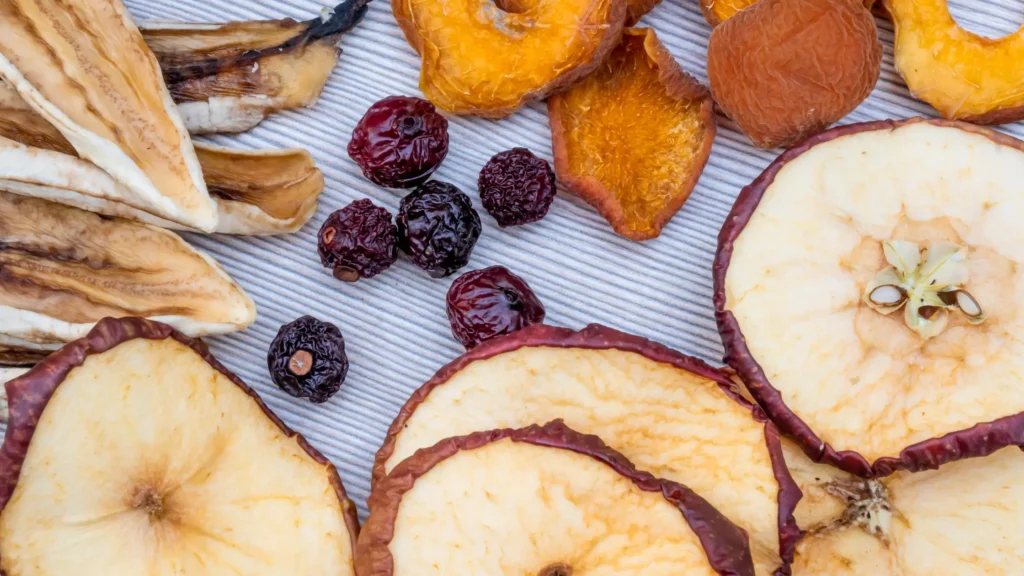
Homemade fruit chips let you control ingredients completely.
Oven Method:
- Slice fruit thinly.
- Spray lightly with coconut oil (optional).
- Bake at 200°F for 2–3 hours.
Dehydrator Method:
- Arrange fruit slices evenly.
- Set to 135°F for 6–8 hours.
- Store in airtight jars.
Pro Tip: Dust apple or pear chips with cinnamon for added antioxidants.
Cultural Variations of Fruit Chips
- Asia: Banana and jackfruit chips are popular, often fried, but healthier baked alternatives are emerging.
- Latin America: Mango and plantain chips dominate, often seasoned with chili and lime.
- Europe: Apple chips are common in organic snack aisles.
- USA: Freeze-dried strawberries and mixed fruit packs are a trend among health-conscious moms.
Expert Pregnancy Nutrition Advice
Doctors and dietitians often recommend fruit chips as a replacement for:
- Potato chips (reduce sodium & fat intake).
- Candy (lower processed sugar).
- Cookies (lower refined flour).
But they also stress:
- Limit to 1–2 servings daily.
- Choose organic whenever possible.
- Add yoghurt or nuts to create a well-rounded snack.
FAQs About Fruit Chips for Pregnancy
Q1: Can fruit chips replace prenatal vitamins?
Fruit chips, no; they are supplementary, not a substitute. Never stop prenatal supplements.
Q2: Do fruit chips cause weight gain?
Not if eaten in moderation; homemade or baked options are best.
Q3: Are freeze-dried fruit chips safe in pregnancy?
Yes, they’re one of the best choices since nutrients are preserved.
Q4: Can fruit chips help with constipation during pregnancy?
Yes, especially apple and pear chips, due to their fiber content.
Q5: Should I avoid store-bought banana chips?
Indeed, as long as you fry it or cover it in sugar. Label-check.
Conclusion
Fruit chips are a healthy, tasty, and high-nutrient option for pregnant women. They supply the mother with the required vitamins, minerals, and fiber for the growth of the fetus. When chosen carefully (baked, dehydrated/or freeze-dried rather than fried), expectant mothers can eat as many as they like with no guilt, and both the mother and the baby reap the benefits.
Explore more on Pregnancy Must –
